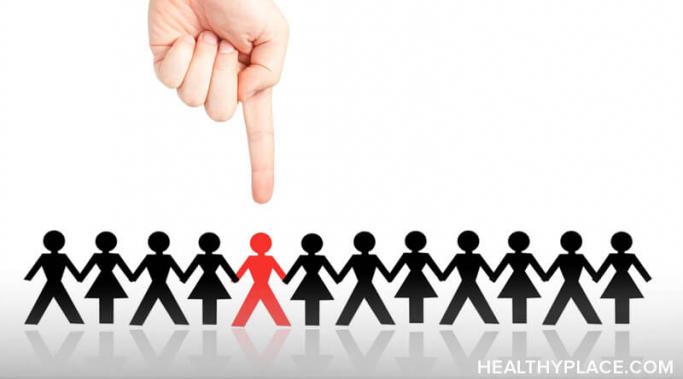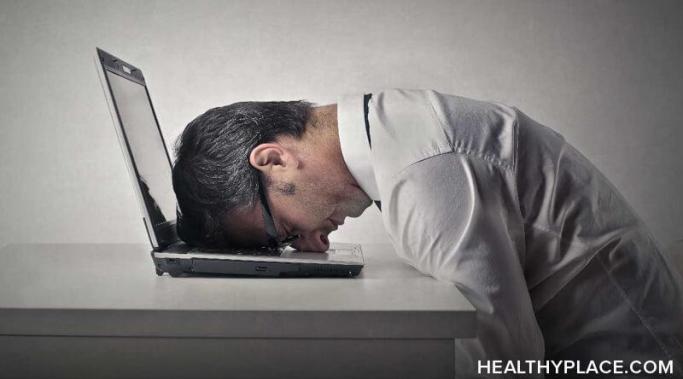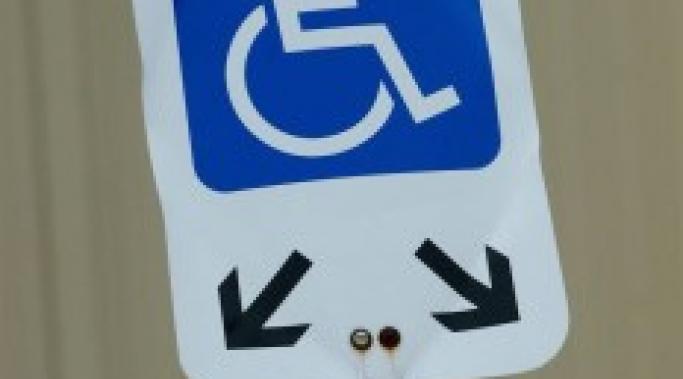People often say to those suffering with bipolar disorder, “Others have it worse than you.” This is not a helpful statement. We know that others have it worse than us. In fact, others with bipolar have it worse than us; that’s just math. But the fact that others have it worse than us is absolutely irrelevant to our suffering with bipolar.
Talking About Bipolar
I write about some things that can trigger those with depression so it’s important for readers to know how to deal with depression triggers in blog posts. Understanding how to deal with depression-triggering blog posts can protect you from negative emotional effects and worsening symptoms.
I express the experience of having bipolar disorder in a very specific way – my way. I express the bipolar experience with my words, my language, my thoughts and my metaphors. I approach bipolar disorder the way I live it: primarily depressed with short bouts of hypomania or bipolar mixed moods. I often write politically incorrectly if I feel that expresses my bipolar experience more accurately. But one thing I have learned after doing this for many years is that not everyone likes this.
Recently, someone said I was pitying myself because I have bipolar disorder, and this person was judging me very negatively for it. The person said I was having a bipolar pity party, if you will. Not surprisingly, I felt this notion was far off the mark. I feel suggesting that pity about bipolar disorder from the self or others is always negative, is just plain wrong.
People often ask me how to help a friend through a bipolar mood episode. These are great friends that I can honestly say, anyone with any illness should treasure. So many people turn their backs on people with serious mental illness, so when a person actually wants to help, well, we love you. If you’re a friend who wants to help someone through a bipolar mood episode, consider these things.
Tomorrow is Bell Let’s Talk Day and you can help raise funds for mental health initiatives with a simple tweet or Facebook share. Since 2010, Bell (a Canadian phone company) has committed $100 million to mental health programs and you can help raise even more.
I’ve written a lot about bipolar triggers over the years and usually I write about bipolar triggers you can control (Pushing Aside Daily Mental Health Triggers is Tough). But, as we all know, there are some bipolar triggers you can’t control. I’m dealing with one right now: the death of my father. His death was very inconvenient to me in that I certainly had no time for it. I have no time for a memorial, I have no time to write a eulogy and I certainly have no time (or brain space) to grieve (Coping With Loss: Bereavement and Grief).
But, of course, no one asks for permission to die and no one does it on a schedule. His death happened and I have to deal with it and it’s definitely a bipolar trigger I can’t control.
I have major guilt when my bipolar interferes with work. I have this thing where I think that bipolar is just an excuse for laziness and that if I was a just a better person bipolar wouldn’t interfere with my work. Even though I know this isn’t true, it seems to be the only thing I think about when bipolar rears its ugly head and deleteriously affects my work.
Have you ever heard of mental illness being a cause of death? Cause of death: schizophrenia or cause of death: bipolar or cause of death: anorexia? No? Me neither. That’s in spite of the fact that for some mental illnesses, like depression and bipolar, suicide attempts are an actual symptom of the illness. In other words, if a person dies by suicide and they’re bipolar, really, the cause of death is bipolar. So why don’t we popularly recognize mental illness as a cause of death?
I don’t really go around shouting the fact that I am disabled. I have an invisible disability so I suppose that affords me the luxury of not having people know. But, in fact, severe bipolar disorder is a disability. Ask anyone who lives with it. They will tell you how disabling it is. It’s horrendous. And, in Canada, we have a disability tax credit. It’s supposed to making working a little bit easier for people with a disability. Well, I have a disability and I was denied the disability tax credit.








